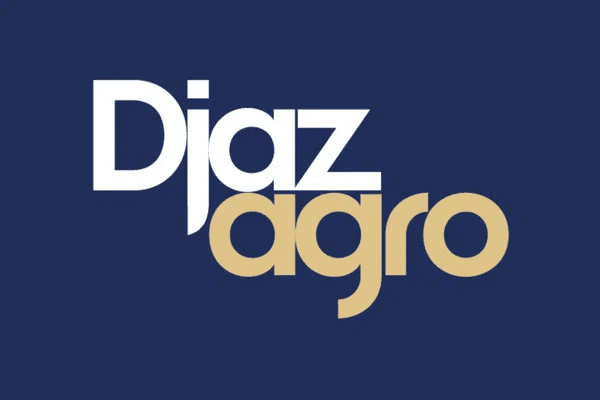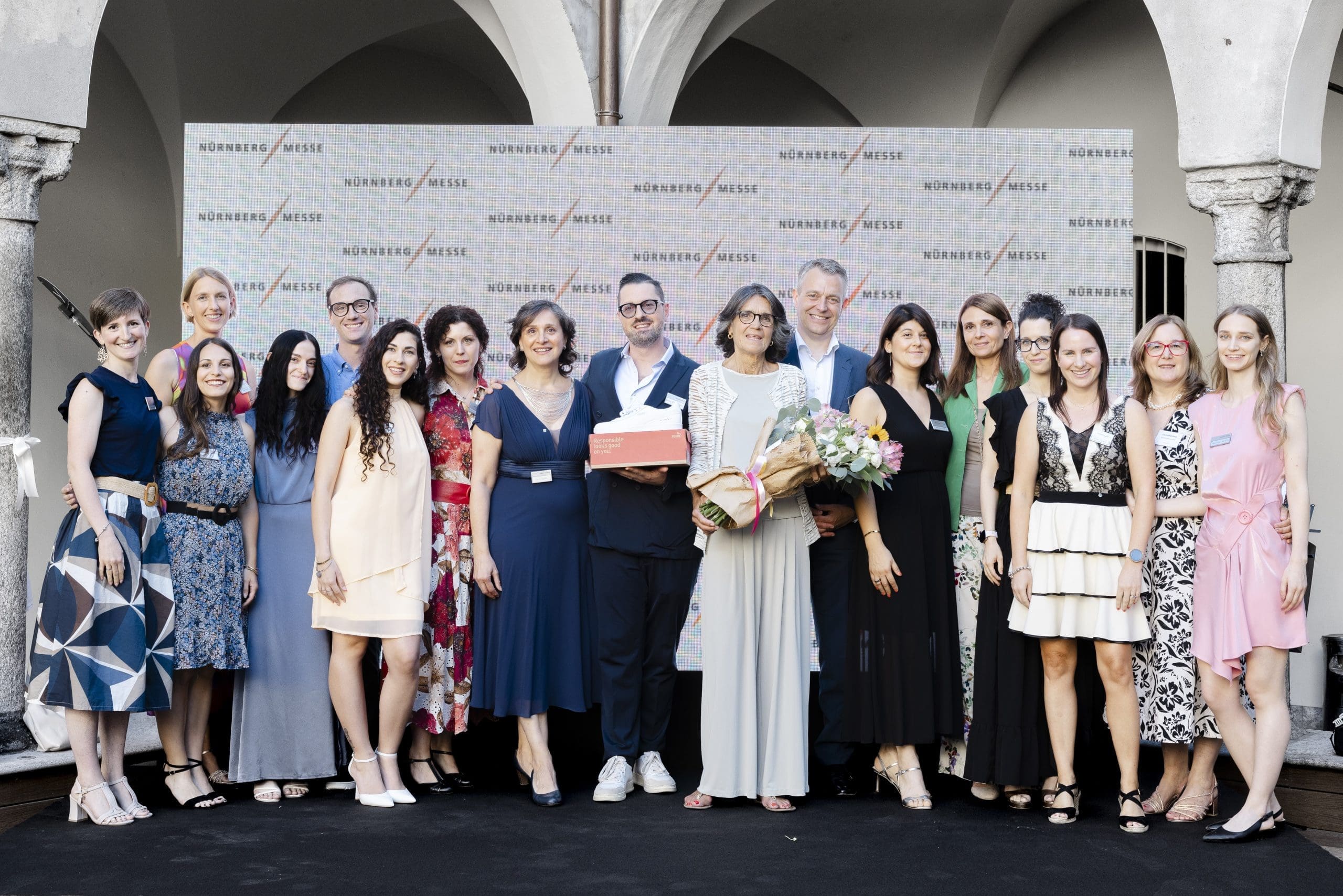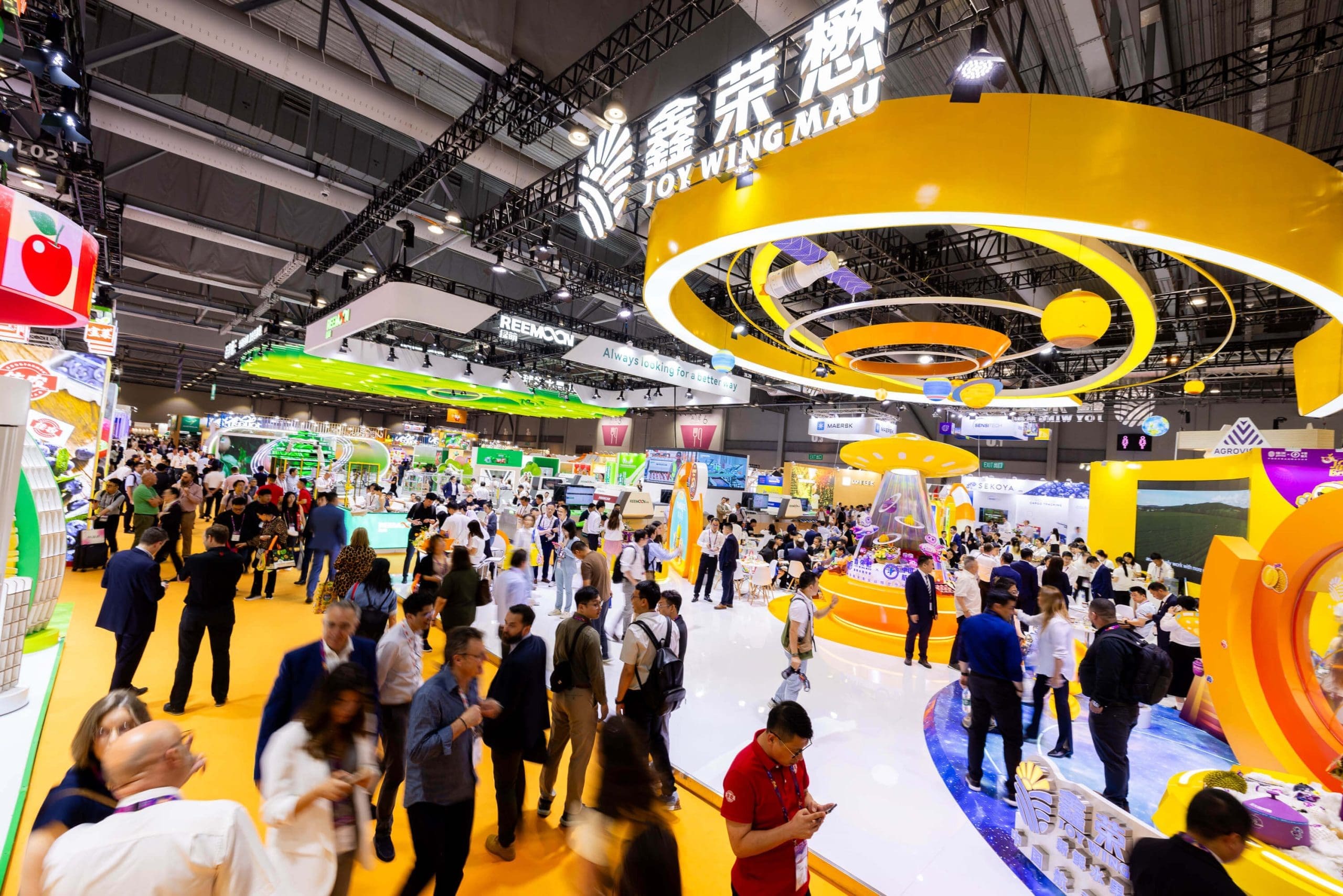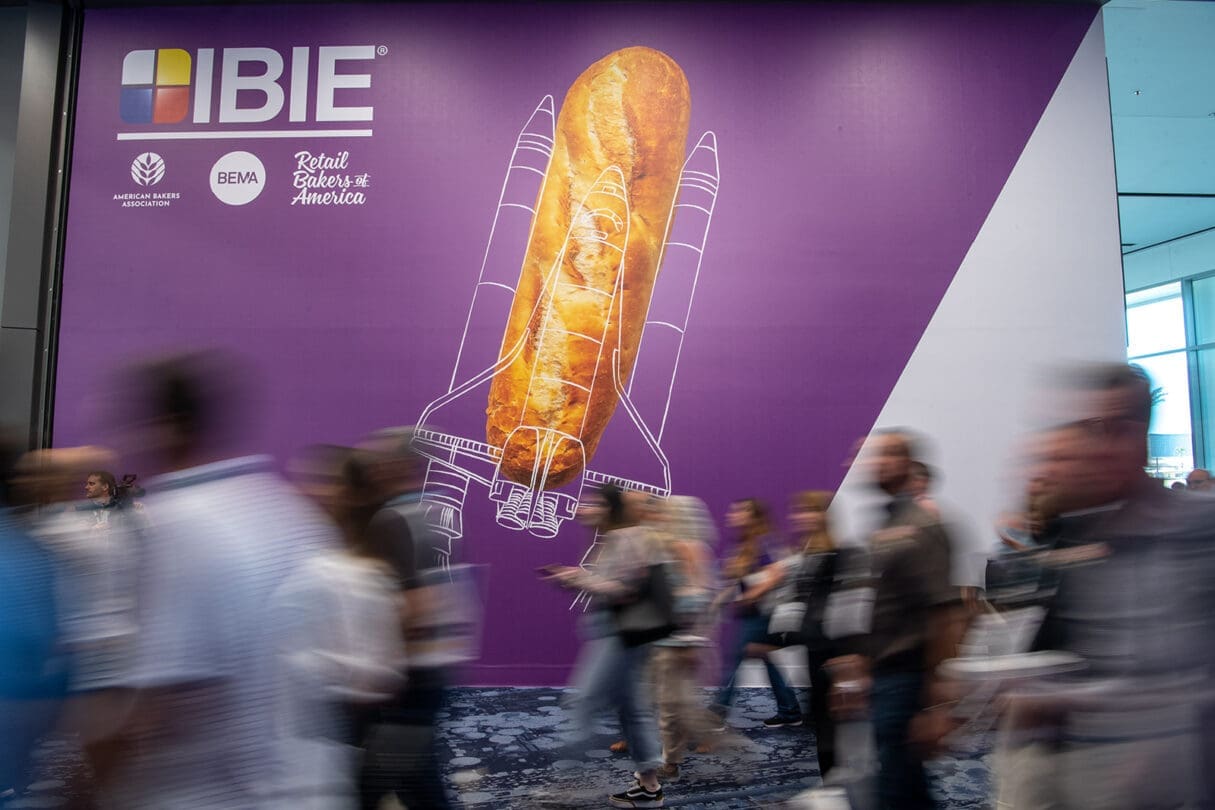Djazagro is the most important North African agrifood industry tradeshow for the sector’s professionals in Algeria. Over the space of four days, it offers a strategic opportunity for meetings, discussions, education, and the discovery of the latest innovations in terms of processes and products, along with information on the latest news in the ecosystem.
The main stakeholders in the food industry in Algeria will be in attendance, representing all the segments of food production, from processing to filling and packing, and from bakery to fine food. Since its establishment in 2003, the show has earned itself a central role in the trade event calendar, drawing exhibitors and visitors from Algeria and further afield.
Celebrating its 20th anniversary this year, the exhibition has over the years become the must-attend event for the food industry in Algeria. This special edition will bring together more than 600 exhibitors from 26 different countries, 75% of whom from outside Algeria.
More than 22,000 visitors, food sector professionals from Algeria, are expected at the show to discover the industry’s latest trends and innovations.
In the run-up to Djazagro, we look at how the Algerian agrifood industry has evolved over the past two decades.
Key figures for the market:
- Algeria is the third biggest importer of food and beverages in Africa, amounting to total sales of 2.87 billion euros
- In 2022, the Algerian agrifood market generated sales of 10.77 billion euros.
- Confectionery and snacks: 2.40 billion euros (market volume).
- Non-alcoholic beverages: 1.89 billion euros in 2022 including 1.38 billion euros for sparkling drinks.
- Hot beverages: 2.64 billion euros including 2.15 billion euros for coffee in 2022, with forecast annual growth (CAGR 2022-2025) of 0.61%.
- Online sales only account for 1.8% of the total food market in Algeria today, but this proportion should rise substantially in the coming years.
Top 4 supplier countries
- Brazil
- New Zealand
- France
- The Netherlands
Top 4 importing countries
- Mauritania
- Jordan
- France
- Türkiye
The agrifood market in Algeria
The last two decades has seen rapid demographic growth in Algeria, with a substantial increase in the number of agrifood professionals.
The former minister for Industry, Ahmed Zaghdar, has claimed that there are currently more than 31,000 companies in the food industry, employing nearly 170,000 people, as reported by the official agency.
Source : https://transactiondalgerie.com (2 mars 2023)
Algerian agrifood industries have adapted to local tastes and habits by offering a wide range of food accessible to all: cereals such as durum wheat or soft wheat, fresh fruit and vegetables, oils and seeds, fish and meat, and dairy and cheese products are the most popular local products. Sugar and pastries also have a major place of choice on Algerian tables.
This food diversity has contributed to an improvement in the quality of life and life expectancy of Algerians, by placing emphasis on food quality.
The Algerian agrifood industry has undergone major transformations thanks to the adoption of advantageous agricultural policies and investment in research, development and quality. However, it must still cope with challenges such as international competition and a dependence on imports. The Algerian government provides tax incentives and subsidies to stimulate growth and innovation in the sector. The agrifood industry has become one of the leading sources of income in the country and holds opportunities for domestic and foreign investors.
Market opportunities, solutions for the agrifood industry in Algeria
The Algerian market offers opportunities for companies specialising in solutions for agrifood industries and agricultural equipment. Local non-alcoholic beverage production already caters to 98% of local needs, but there remain many development opportunities for processed products such as fish, meat, fruit and vegetables, conserves, and ingredients and raw materials. The main market verticals are cereal-based products, the dairy industry, and beverages. Equipment for the cold
chain, packaging, filling and storage are also in high demand. The country also wishes to develop its agriculture to guarantee food security and explore export possibilities, thus bringing market opportunities for farming inputs, equipment and know-how. The Algerian government supports the modernisation of farming with projects such as the development of Saharan and mountain agriculture, agricultural electrification and the reinforcement of crop protection and veterinary systems.
Agrifood exports in Algeria: growth and challenges to meet
According to data from the Food and Agriculture Organisation (FAO) of the United Nations, Algeria’s farm exports have seen moderate growth in recent years. In 2019, Algerian agrifood exports amounted to 1.4 billion dollars compared with 1.3 billion dollars in 2018.
The main agrifood products exported by Algeria are fruit and vegetables, seafood products, meat and dairy products. The main importers of Algerian agri- food products are France, Italy, Tunisia and China. It is important to note that Algerian exports in the agrifood industry are faced with a range of challenges such as lack of investment in agriculture and agrifood, high production costs, food quality and safety, and competition from foreign products.
Algerian exports in the agrifood sector are growing and supported by the Government.
To conclude, the opportunities offered by Djazagro are particularly attractive for agrifood industries which can continue their efforts to adapt to local tastes and habits by offering a large and universally accessible range. With the Algerian market in a state of constant flux, it must cope with challenges such as international competition and its dependence on imports. However, with the adoption of advantageous agricultural policies and investment in research, development and quality, together with the tax incentives and subsidies offered by the Government, the agri-food industry has become one of the main sources of income in Algeria.
Sources : Béatrice de Reynal – Banque Mondiale – Organisation des Nations unies pour l’alimentation et l’agriculture (FAO) – Business France





